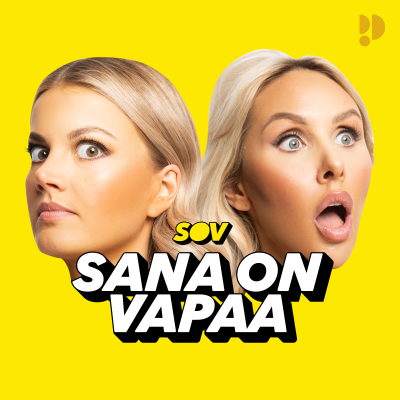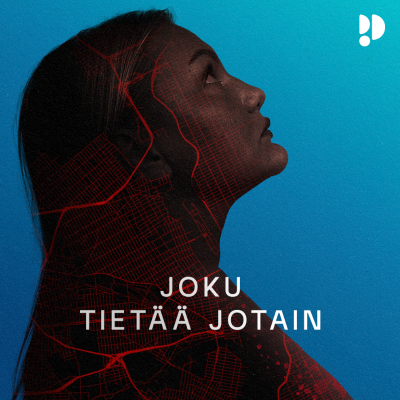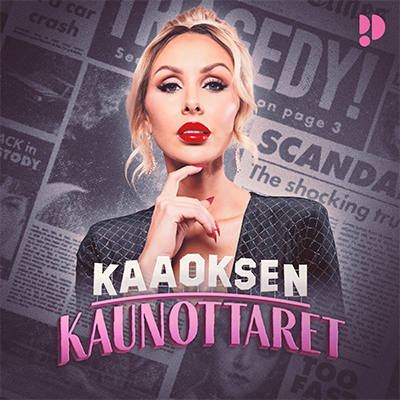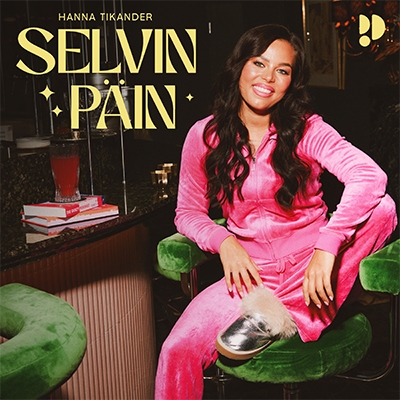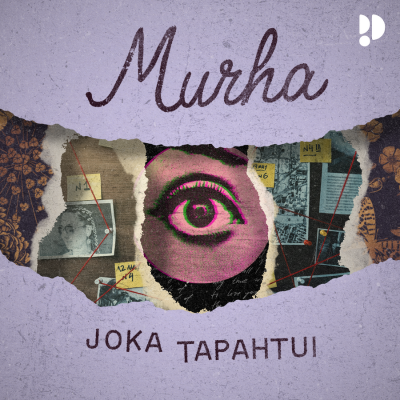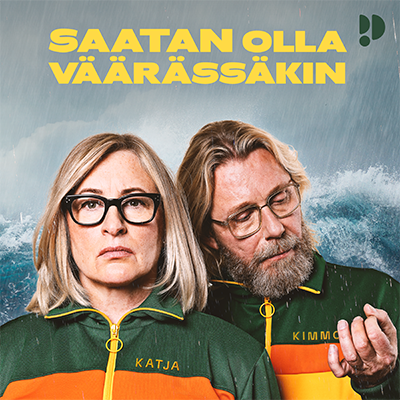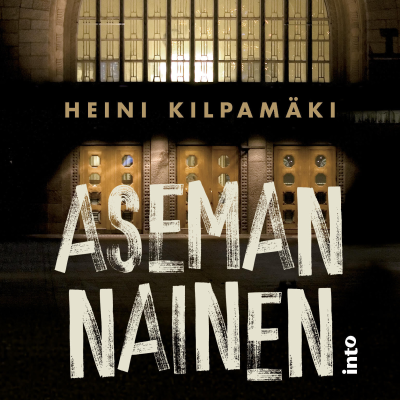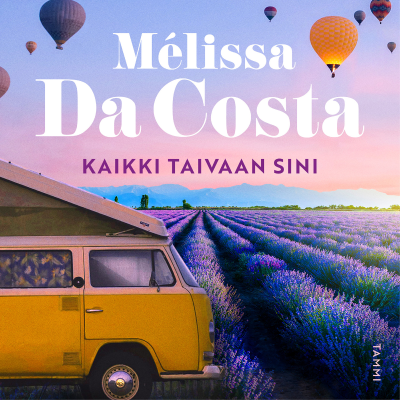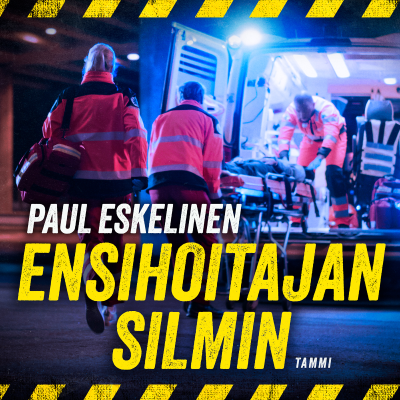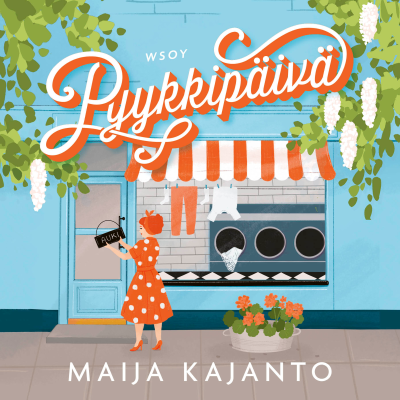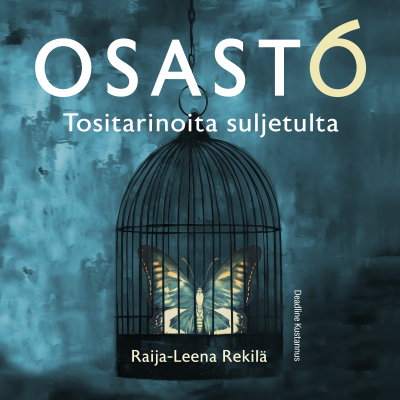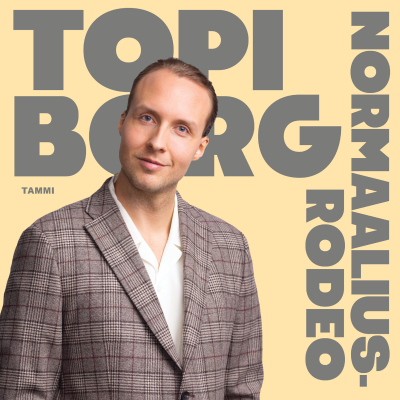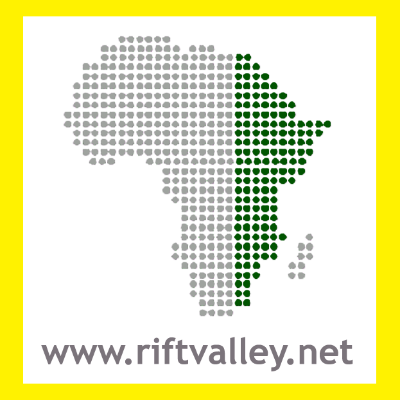
Rift Valley Institute
Podcast by Rift Valley Institute
The Rift Valley Institute is a non-profit research and training organization working with communities and institutions in Eastern and Central Africa. RVI programmes connect local knowledge to global information systems, aiming to modify development practice. They include field-based social research, support for indigenous educational institutions, in-country training courses and a digital library. www.riftvalley.net
Aloita 7 vrk maksuton tilaus
Kokeilun jälkeen 7,99 € / kuukausi.Peru milloin tahansa.
Kaikki jaksot
105 jaksotThe 'Local Governance in Somalia' RVI podcast discusses devolution of power in Somalia in the context of rapid urbanisation. The podcast reflects on the 2021 World Bank Review, which aims to facilitate a more informed dialogue between the government, private sector, civil society, development partners and other stakeholders on a more comprehensive urban development strategy in Somalia. In the 3rd episode, Horn of Africa Programme Manager at the Rift Valley Institute- Hannah Stogdon- speaks with Dr. Ken Menkhaus, professor of Political Science at Davidson College, Horn of Africa and Land Urbanisation specialist working on local governance, service delivery, and forced displacement. The podcast also hosts Makiko Watanabe, a Senior Urban Specialist working on local governance, service delivery, and forced displacement and Dr. Olivia D’Aoust who is a senior urban economist working on issues related to the economics of urbanisation, territorial development, and conflict and fragility.
The RVI education programme aims to inform influential constituencies working in eastern and central Africa about the people and communities in the countries where they work. It consists of 2 main types of trainings; the Annual Field Courses on Sudan and South Sudan, the Horn of Africa, and the Great Lakes; and bespoke courses tailored for a variety of international organisations. These courses provide a basis for an understanding of current political and developmental challenges within the countries or regions in question. Watch the trailer for more information on our training programme and be on the lookout for new courses on our newsletter, social media platforms and website. You can also reach out by email at courses@riftvalley.net.
'Land in Somalia' RVI podcast discusses land governance in Somalia in the context of rapid urbanisation. It looks at cities where both opportunities and challenges for Somalia’s development and prosperity are most acutely felt. The experts debate how to manage and reduce the risks Somali cities face so that they can increase their potential to provide livelihoods and deliver services in a way that is more inclusive and accessible for all. In the second episode,Horn of Africa Programme Manager at the Rift Valley Institute- Hannah Stogdon hosts World Bank Land Administration specialist Paul Prettitore and co-lead of the Land and Conflict Working Group and is conducting research on the relationships between land, conflict and inclusion. Prior to joining the Bank, Paul was a Human Rights Advisor and Property Law Coordinator at the Office of the High Representative in Bosnia and Herzegovina. The podcast discusses the 2021 World Bank Review on Urbanisation in Somalia with the aim of facilitating a more informed dialogue between the government, private sector, civil society, development partners and other stakeholders on the role of land governance in a more comprehensive urban development strategy in Somalia.
This RVI podcast discusses Governance in Somalia in the context of rapid urbanisation. It looks at cities where both opportunities and challenges for Somalia’s development and prosperity are most acutely felt. The experts debate how to manage and reduce the risks Somali cities face so that they can increase their potential to provide livelihoods and deliver services in a way that is more inclusive and accessible for all. In this first episode of two, Horn of Africa Programme Manager at the Rift Valley Institute- Hannah Stogdon talks to Horn of Africa expert Tobias Hagmann who is the Director of Public Culture Lab Ltd in Switzerland and an associate professor in development studies at Roskilde University in Denmarks. He was the Lead Researcher for the RVI study on Urbanisation in 7 Somali cities that contributed to the World Bank’s Urbanisation Review.
Over the past two decades, the Horn and Eastern Africa Region have witnessed a proliferation of peace-making and peace-building processes as a means of democratisation. A wealth and power sharing governance arrangements designed and upheld by regional and international institutions often saw the transfer of political decision-making away from the local and national level, consolidating them instead in the hands of belligerent elites and a global technocratic class of experts. How have these forms of international diplomatic interventions shaped prospects for peace and democratisation in the region? Sharath Srinivasan’s When Peace Kills Politics: International Intervention and Unending Wars in the Sudans (Hurst/OUP, 2021) provides a refreshing appraisal of the theory and practice of peace-making by drawing attention to its inherent contradictions that contain risks of violent failure. The book launch engaged the history of interrelated peace-making efforts and their failures in Sudan and South Sudan, from the 2005 Comprehensive Peace Agreement to the more recent Juba Peace Agreement signed in 2020, and their potential to subvert non-violent civic politics. The book launch was co-hosted and organised jointly by RVI and the International African Institute and supported by Hurst publishers
Aloita 7 vrk maksuton tilaus
Kokeilun jälkeen 7,99 € / kuukausi.Peru milloin tahansa.
Podimon podcastit
Mainoksista vapaa
Maksuttomat podcastit


